How to avoid, and deal with, seasickness
A lot of Windseekers mention the fear of seasickness as one of their biggest pre-journey anxieties. Most of us have been there, and lived to tell the tale. Today we come to you with a handful of advice on how to prevent seasickness when possible, and mitigate its symptoms otherwise.
WHAT IS SEASICKNESS?
Seasickness occurs when your senses get mixed messages. You inner ear (responsible for balance), feels the movement, but as far as your eyes can see, your environment is static. Although the ship is moving over the sea, your body stays put in relation to the ship. Your brain, normally quite smart surely, gets confused and this results in you getting sick. More often than not it results with feeling of nausea and mild discomfort, but some unlucky trainees end up with more symptoms (yours truly included). Unless the sea is very rough, most people get over seasickness within 24 hours of the journey starting.
SYMPTOMS
The best-known symptoms are, of course, nausea and vomiting. Aside from those, you may also get a headache, dry mouth and feel weaker than usual. You can, however, relieve some of those symptoms using the methods below.

DO:
– You might want to drink a lot of water, perhaps some sweet juices, too. If you’re having a headache it might be the result of dehydration.
– Eat (lightly!) Start your sailing day with a healthy breakfast, and if you do get sick – keep eating. Most of the people suffering from seasickness refuse to eat, but it’s important to give you some strength, so force yourself. And having something in your stomach makes a big difference! Even if it’s just saltines, crackers or some dry bread – they can settle your stomach for a while.
– Get some fresh air. The cool breeze in your face can feel so much better than whatever your bunk currently smells like (not to mention the galley!). Staying on deck will also give you the opportunity to chat with others, or…
– Keep busy! You will distract your brain from those overwhelming sensations and yourself from feeling bad. Also, it’s a known fact that time slows down when you sit miserably on deck and speeds up when you’re having fun. Keep in mind: if you climb the mast, it’s good manners not to be sick on somebody on deck.
– Look at the horizon. Remember the sensory mixed messages? This is your way to fix this! Give your brain something static to focus on and catch up to the fact that you are, in fact, moving.
– Getting chilly or sleepy? If you go below deck perhaps you can choose to sleep in a hammock to reduce the side-to-side motion of the ship. You can also make yourself a nest of sorts in your bunk, with a sleeping bag, blanket and the lee cloth. Remember: at sea is one place where you do not want a wide mattress to roll around on!
AVOID:
– Greasy, spicy, fried, heavy food. Those will only upset your stomach even more. While we have nothing against bacon and eggs on principle (well, those of our team who aren’t vegetarian!), on the day of casting off you are better off with a nice, light sandwich.
– Acidic drinks. Same as above, this upsets your stomach, and you don’t want it to be sad, do you?
– Alcohol and coffee. They dehydrate you, and some symptoms of seasickness actually occur due to dehydration. Also, being hangover doesn’t mix well with the other symptoms.
– Sick people. Sorry to be harsh, but seeing others get sick is likely to trigger you as well.
– While you might want to distract yourself, keeping your eyes fixed on a book will give your brain an even bigger impression that you are stationary, while your balance centre is off. More mixed messages = more confused brain. If you’re feeling really miserable and want to pass the time, listen to an audiobook while looking at the horizon.
– Intense smells. Stay out of the engine room if you can!
– If you’re going to vomit, avoid being sick on the windward side (the one from which the wind blows). We’ll leave the consequences of that to your imagination.
MEDICATION
Do not use any medications (including natural ones) without consulting a doctor or carefully reading the flyer. Especially if you have any underlying conditions.
– Ginger is a well-known natural remedy for nausea. Try cookies (not a hardship, is it?), ginger beer (as long as it has natural flavours), tea or even chewing a piece of raw ginger if you like the taste. Careful: ginger may interfere with blood-thinning medicine.
– Mint tea has been known to settle the stomach quite well.
– Acupressure bands: they work by applying pressure to a pressure point located on the underside of the arm about an inch and a half above your wrist.
– There’s a lot of over the counter medications for motion sickness. If you choose to use one of those, make sure to carefully read the flyer. Be aware that most medication in pill form only works when taken before the symptoms show (for example before leaving the harbour), afterwards it will be useless. The patches that you stick behind your ear can work even after you get sick.
Most of all, remember that it will soon pass and you will have one more story to tell your landlubber friends later!
Feeling ready to sail now? Find your adventure below!

Le Havre (FR) - Dunkirk (FR)
06 Jul 2025 - 12 Jul 2025
Le Havre (FR) - Dunkirk (FR)
06 Jul 2025 - 12 Jul 2025
Le Havre (FR) - Dunkirk (FR)
06 Jul 2025 - 12 Jul 2025
Le Havre (FR) - Dunkirk (FR)
06 Jul 2025 - 12 Jul 2025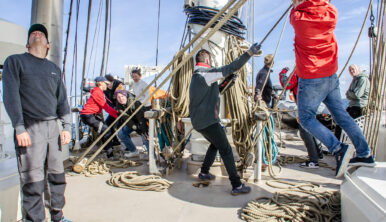
Le Havre (FR) - Dunkirk (FR)
06 Jul 2025 - 12 Jul 2025
Le Havre (FR) - Dunkirk (FR)
06 Jul 2025 - 12 Jul 2025
Le Havre (FR) - Dunkirk (FR)
06 Jul 2025 - 12 Jul 2025
Le Havre (FR) - Dunkirk (FR)
06 Jul 2025 - 12 Jul 2025
Dunkirk (FR) - Aberdeen (GB)
12 Jul 2025 - 21 Jul 2025
Dunkirk (FR) - Aberdeen (GB)
12 Jul 2025 - 21 Jul 2025
Dunkirk (FR) - Aberdeen (GB)
12 Jul 2025 - 21 Jul 2025
Dunkirk (FR) - Aberdeen (GB)
12 Jul 2025 - 20 Jul 2025
Dunkirk (FR) - Aberdeen (GB)
12 Jul 2025 - 21 Jul 2025
Dunkirk (FR) - Aberdeen (GB)
12 Jul 2025 - 21 Jul 2025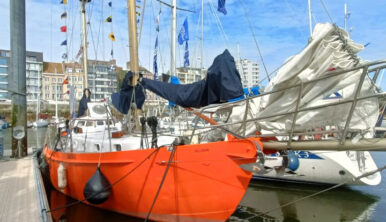
Dunkirk (FR) - Aberdeen (GB)
12 Jul 2025 - 21 Jul 2025

Kiel (DE) - Kiel (DE)
18 Jul 2025 - 27 Jul 2025
Aberdeen (GB) - Kristiansand (NO)
21 Jul 2025 - 01 Aug 2025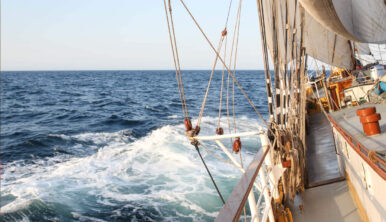
Aberdeen (GB) - Kristiansand (NO)
21 Jul 2025 - 01 Aug 2025
Aberdeen (GB) - Kristiansand (NO)
21 Jul 2025 - 01 Aug 2025
Aberdeen (GB) - Kristiansand (NO)
21 Jul 2025 - 01 Aug 2025
Aberdeen (GB) - Kristiansand (NO)
21 Jul 2025 - 01 Aug 2025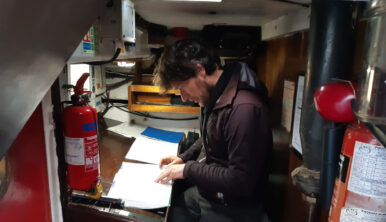
Aberdeen (GB) - Kristiansand (NO)
21 Jul 2025 - 01 Aug 2025
Aberdeen (GB) - Kristiansand (NO)
21 Jul 2025 - 01 Aug 2025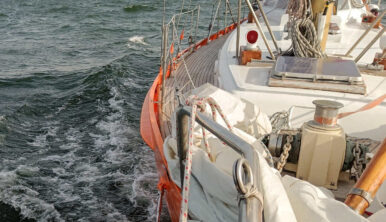
Aberdeen (GB) - Kristiansand (NO)
21 Jul 2025 - 01 Aug 2025
Kristiansand (NO) - Esbjerg (DK)
01 Aug 2025 - 08 Aug 2025
Kristiansand (NO) - Esbjerg (DK)
01 Aug 2025 - 08 Aug 2025
Kristiansand (NO) - Esbjerg (DK)
01 Aug 2025 - 08 Aug 2025
Kristiansand (NO) - Helsinki (FI)
01 Aug 2025 - 17 Aug 2025
Kristiansand (NO) - Esbjerg (DK)
01 Aug 2025 - 08 Aug 2025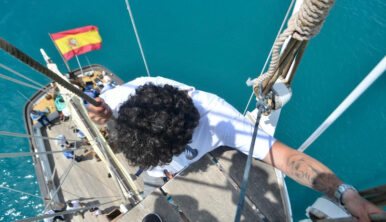
Kristiansand (NO) - Esbjerg (DK)
01 Aug 2025 - 08 Aug 2025
Kristiansand (NO) - Esbjerg (DK)
01 Aug 2025 - 08 Aug 2025

Esbjerg (DK) - IJmuiden (NL)
08 Aug 2025 - 18 Aug 2025

Rostock (DE) - IJmuiden (NL)
11 Aug 2025 - 19 Aug 2025

Rostock (DE) - IJmuiden (NL)
11 Aug 2025 - 19 Aug 2025
Aarhus (DK) - Harlingen (NL)
26 Jun 2026 - 05 Jul 2026
Harlingen (NL) - Antwerp (BE)
05 Jul 2026 - 13 Jul 2026
- Stavanger (NO)
13 Jul 2026 - 24 Jul 2026


